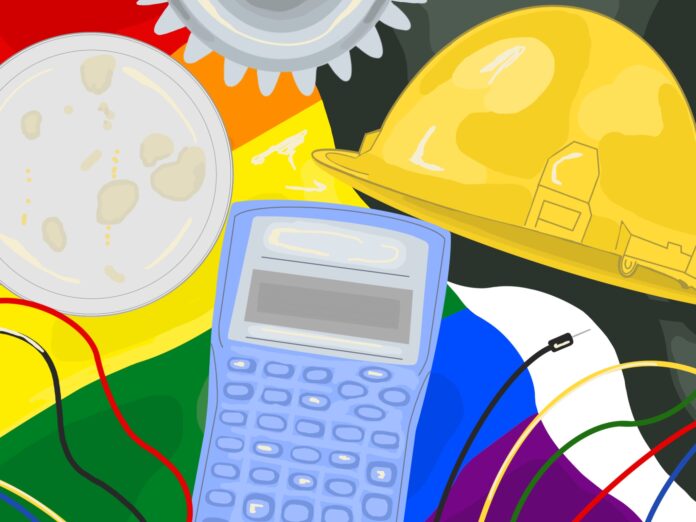Systemic biases are ever-prevalent in science, technology, engineering and math (STEM) education and industry for LGBTQ+ people, be it LGBTQ+ scientists who would prefer a more welcoming environment in labs, or students who want more inclusive spaces in their institution.
LGBTQ+ folks are less likely to be retained in STEM fields and more likely to face wage and hiring discrimination. Being treated differently by co-workers and employers, social isolation, harassment, and limited access to career opportunities are some of the ways LGBTQ+ people are marginalized. More critical situations such as being denied treatment or receiving a lower quality of healthcare is even more worrying.
The University of Waterloo boasts having an extremely diverse and inclusive student population that is always trying to maintain a safe space where everyone feels included.
“Being a member of the LGBTQ+ community and a STEM student, you can feel part of a very small and isolated minority,” said Teddy Ayyoob, a second-year PhD student in UW’s pharmacy program.
“My preceptor [at my co-op placement] was very receptive and supportive when it came to my pronouns and creating a safe and comfortable work environment,” Ayyoob said. “All workplaces and preceptors should understand how important that is to their co-op students.”
Ayyoob added that by normalizing the use of pronouns — either by including them in email signatures or other ways — it creates a more welcoming environment especially for trans students to also share their pronouns.
“As well, establishing within the classroom and the broader UW school community that disrespect, discrimination and bigotry is unacceptable should be prioritized by staff and faculty,” they said.
Claire Thompson, a second-year biomedical engineering student, said she recognizes her privilege on the matter since she can easily conceal the fact that she is part of the LGBTQ+ community.
She said once people are aware of her identity, they tend to treat her differently. “They give me weird looks if they see me holding hands with someone of the same gender. But you get used to it and just brush it off.”
Thompson is the president of UW EngiQueers, one of over 30 groups of EngiQueers Canada. The organization is a nationwide non-profit that actively evolves engineering student culture and traditions to become more inclusive and reflective of its diverse community and advocates for inclusive policies at the institutions that build the very foundation of EngiQueers.
“There is always something we can do to improve the lives of marginalized groups at UW. Connecting people with shared lived experiences Is a great start to ensure that people going through similar hardships have an understanding community to fall back on,” Thompson said.






























